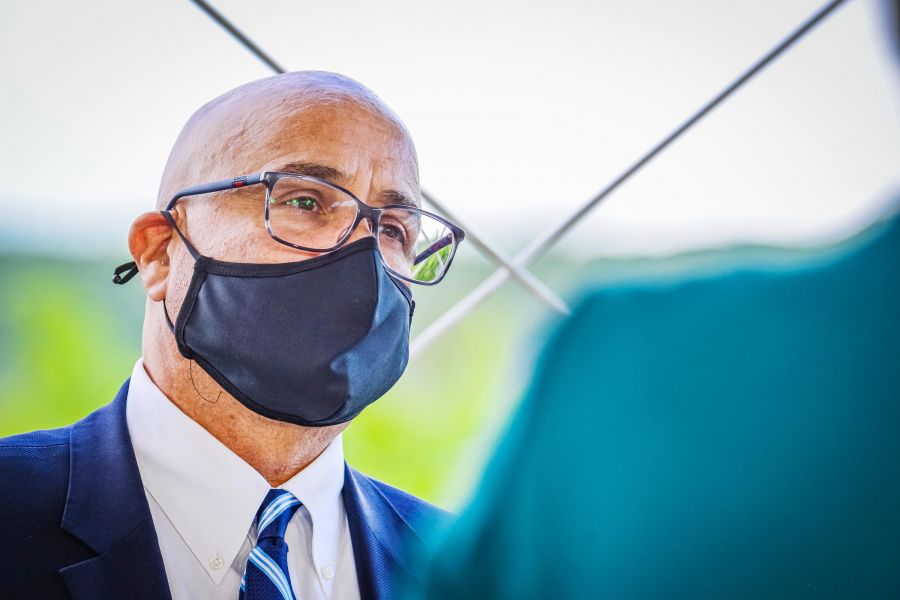Tony Baldinelli
Special to The Lake Report
If you were hoping for a return to some form of fiscal responsibility in this budget, then I am sure you were disappointed, as I was, when the Liberals revealed $452 billion in spending plans on April 7.
Only a week after the first NDP-Liberal budget unleashed an avalanche of uncontrolled spending, failed to present a fiscal anchor or a plan to control inflation, the Bank of Canada has now hiked interest rates by 50 basis points.
Further, the bank has also warned that it will likely raise rates again to combat out-of-control inflation that is driving up the cost-of-living, which is impacting us all.
Canadians badly need relief from these heavy costs. Instead, federal government spending is now 25 per cent higher than it was pre-pandemic. According to the Canadian Taxpayers Federation, each Canadian's share of the national debt is now $31,128 and growing quickly.
Despite all this new spending, there was no support announced for our hard-hit tourism sector. There was no mention of repayment extensions for CEBA or the Regional Relief and Recovery Fund, or an extension to the Tourism and Hospitality Relief fund, which is set to end in May.
These were key requests of the government by the tourism industry, yet they were ignored.
Instead, the Liberals found an additional $25 million to continue supporting the unnecessary and cumbersome ArriveCan App, which is mandatory for travellers to use at our borders when entering Canada.
Rather than help facilitate tourism recovery, ArriveCan has been an unmitigated failure and deters tourists from coming to Canada.
Budget 2022 also contains many more questions than answers for our local wineries and grape growers.
On July 1, Canadian wineries will be slammed with a new excise tax on 100 per cent Canadian-content wines, because of the Trudeau government’s failure to protect the sector in a recent trade dispute with Australia at the World Trade Organization.
We are only about 10 weeks away from this new tax being implemented, yet the industry is still waiting to learn details on what any replacement program to the excise exemption will look like, and how it will work.
In last year’s budget, the federal government promised $101 million to assist the sector in the first two years of having to operate with this tax in place. Yet, Budget 2022 forecasts the federal government receiving $135 million over these same two years, and in fact, the new tax will generate $390 million for the government over a five-year period.
Will these revenues be returned to the sector in any new replacement program? As well, what will happen to the inventory of wine produced and bottled before July 1? Will it now be subject to the excise tax?
These urgent and important questions need to be addressed by the federal government.
Since the excise exemption was first introduced in 2006 by the former Conservative government, the Canadian wine industry has flourished, growing from some 400 wineries to over 700 today.
That means many of these new wineries across Canada will be faced with remitting this expensive excise tax, for the first time, starting this July.
At risk are potential winery closures and lost jobs across the sector, especially if tourism continues to be hindered at our borders by ArriveCan.
While we live in uncertain times, three things are certain under the NDP-Liberals: government spending will continue to rise, Canadians will continue to get less for every dollar they spend due to inflation and, ultimately, we will be the ones left paying for these expensive budgets through higher federal taxes in the future.
Hard-working Canadians and their families deserve so much better, and I will continue to advocate for us all on these and other important matters.
Tony Baldinelli is Conservative MP for Niagara Falls riding, which includes Niagara-on-the-Lake and Fort Erie.










